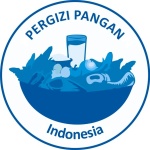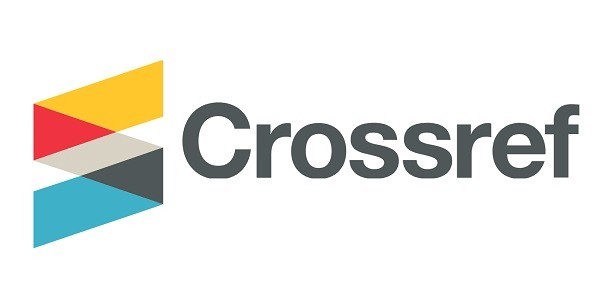STRATEGI PENINGKATAN KINERJA PENYULUH PERTANIAN DI KABUPATEN MUARA ENIM PROVINSI SUMATERA SELATAN
Abstract
Conducted in three different locations in Muara Enim Regency including the implementation of research at BPP Sri Tanjung, Semende Darat Tengah District, BPP Pandan Enim, Tanjung Agung District and BPP Ujan Mas District, Muara Enim Regency Agriculture Service and involving farmers was carried out Purvosive (Intentional) considering that the BPP is the District with the most extension workers. The research analysis used SWOT analysis. Research Results show Based on the research that has been conducted, the results of the study show that there are internal and external factors in the strategy to improve the performance of agricultural extension workers in Muara Enim Regency, internal factors have 2 indicators, namely strengths and weaknesses. Strength indicators have 5 attributes, namely: There is great motivation in extension workers, the ability to utilize technology, having a clear extension program, appropriate salaries and support for work programs/training. Meanwhile, the weakness indicators consist of 6 attributes, namely: Decreased work enthusiasm due to age factors, Lack of monitoring of extension performance, Limited extension facilities and infrastructure, Lack of supervision of agricultural extension workers, Lack of technological expertise and Lack of funds for extension activities. While External Factors also consist of 2 indicators, namely Opportunities and Threats which consist of 6 opportunity attributes, namely Assistance provided by regional government policies, technological advances, giving awards to agricultural extension workers who excel, cooperation between related agencies, government policies in improving agriculture. Threat factors consist of Diverse cultures of fostered farmers, diverse geographical conditions of work locations, changes in administration, farmers' distrust of the performance of agricultural extension officers, overlapping programs between related agencies and lack of public interest in the agricultural sector.

This work is licensed under a Creative Commons Attribution 4.0 International License.






